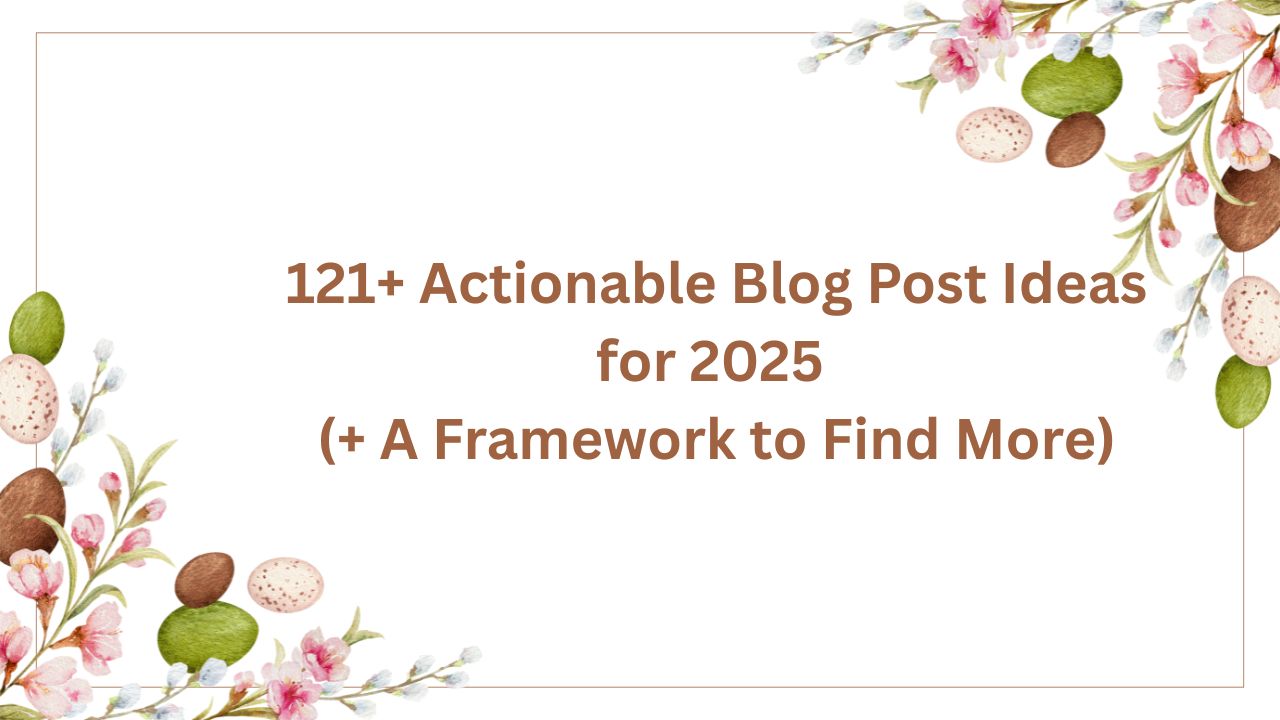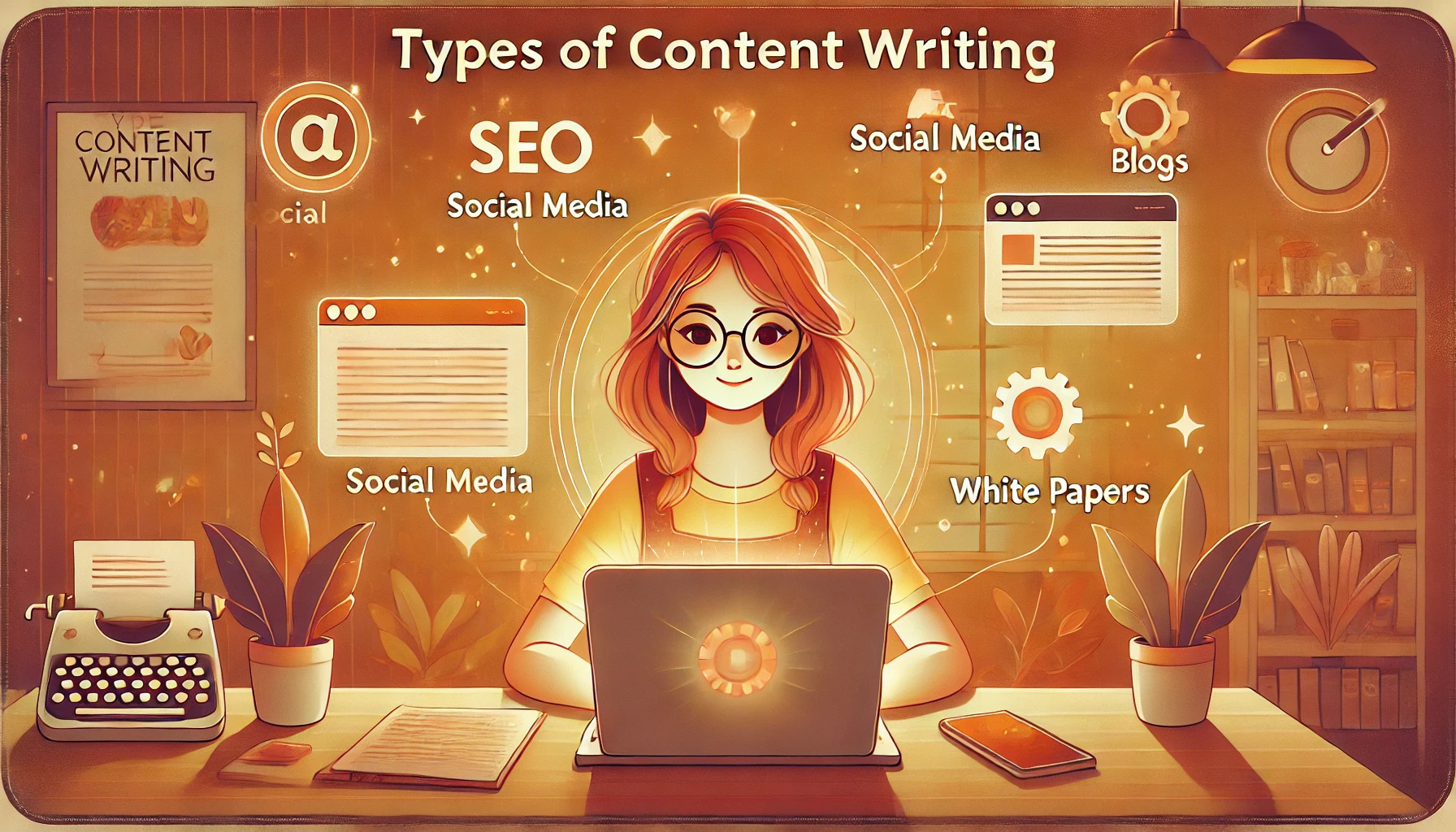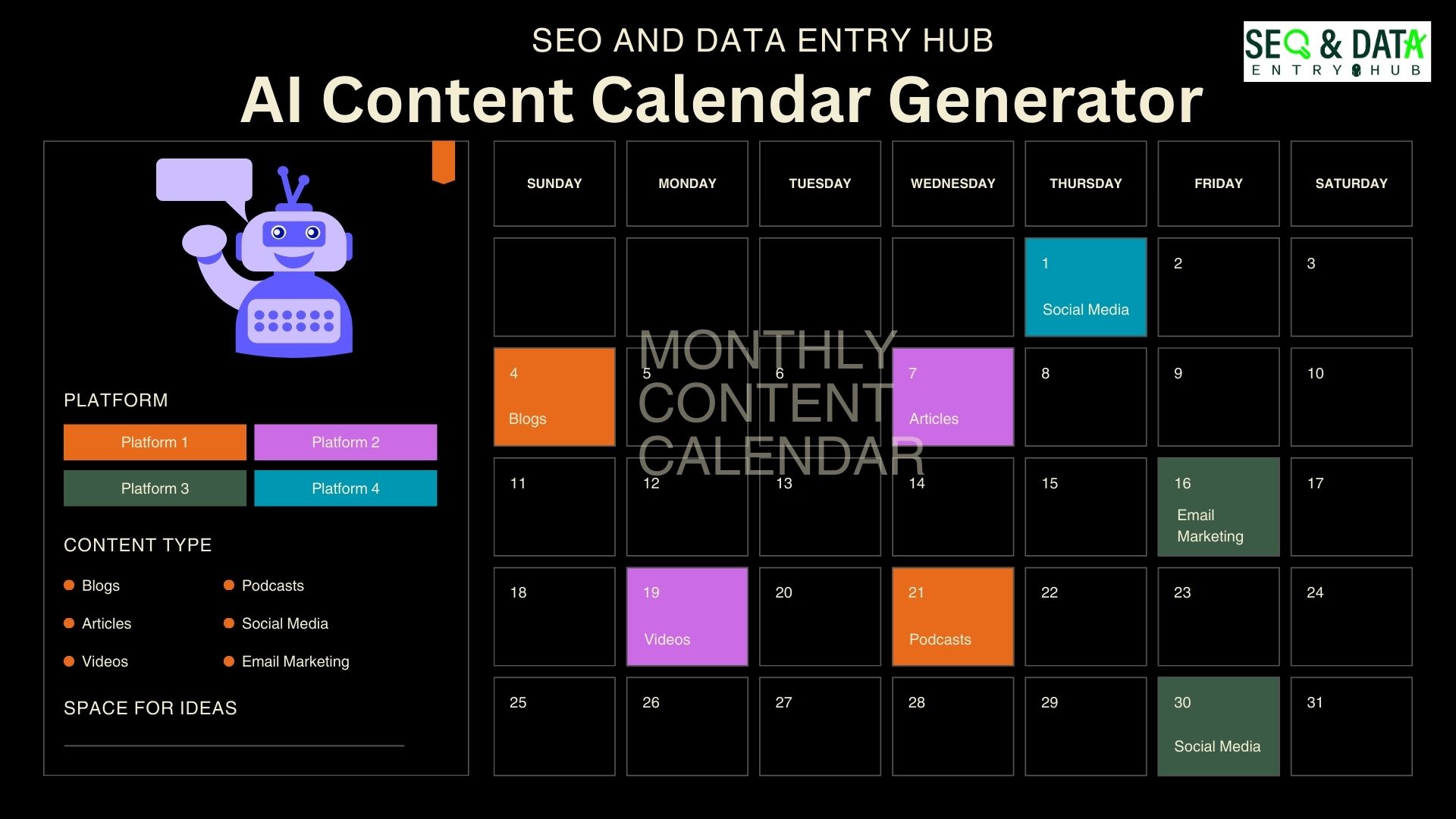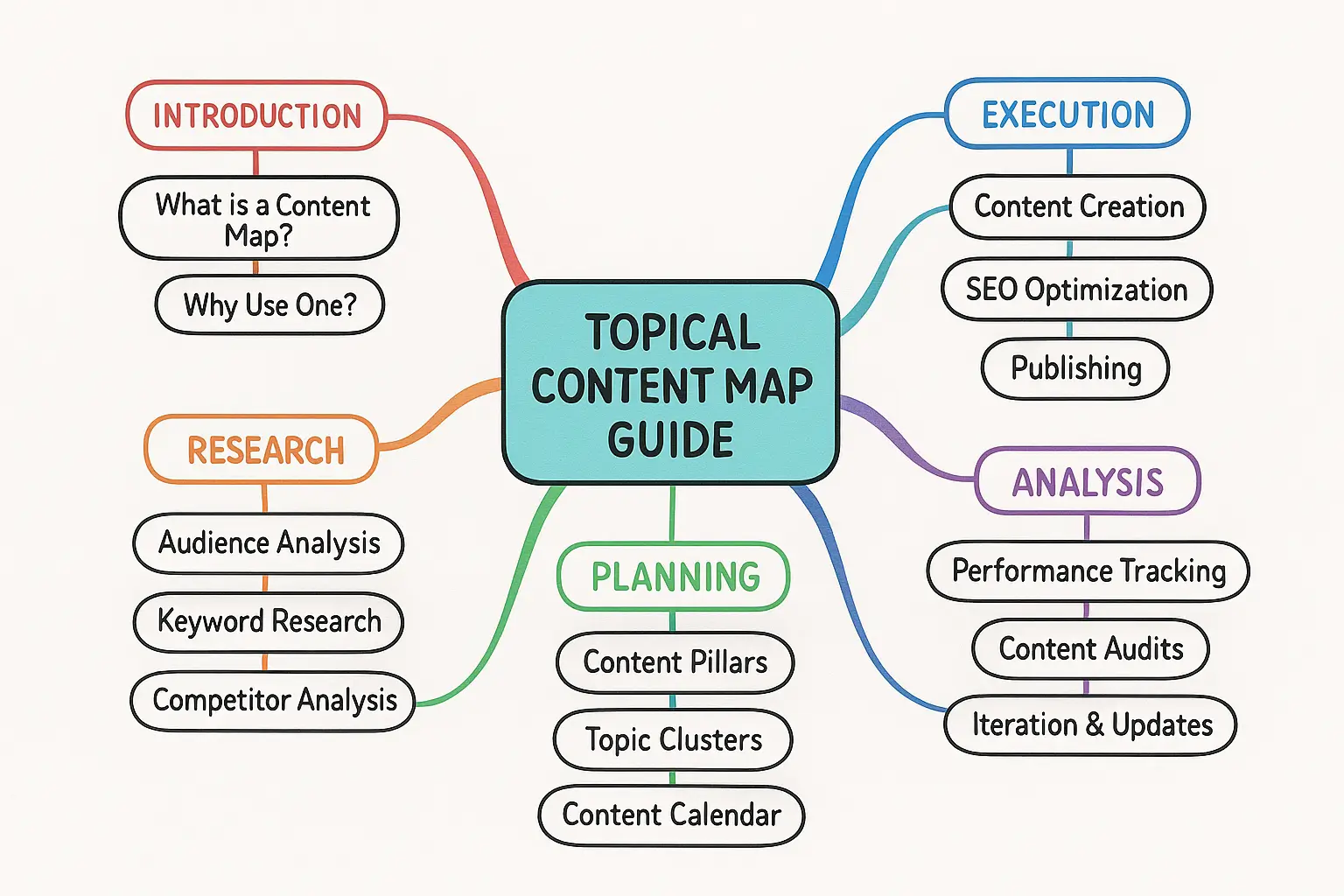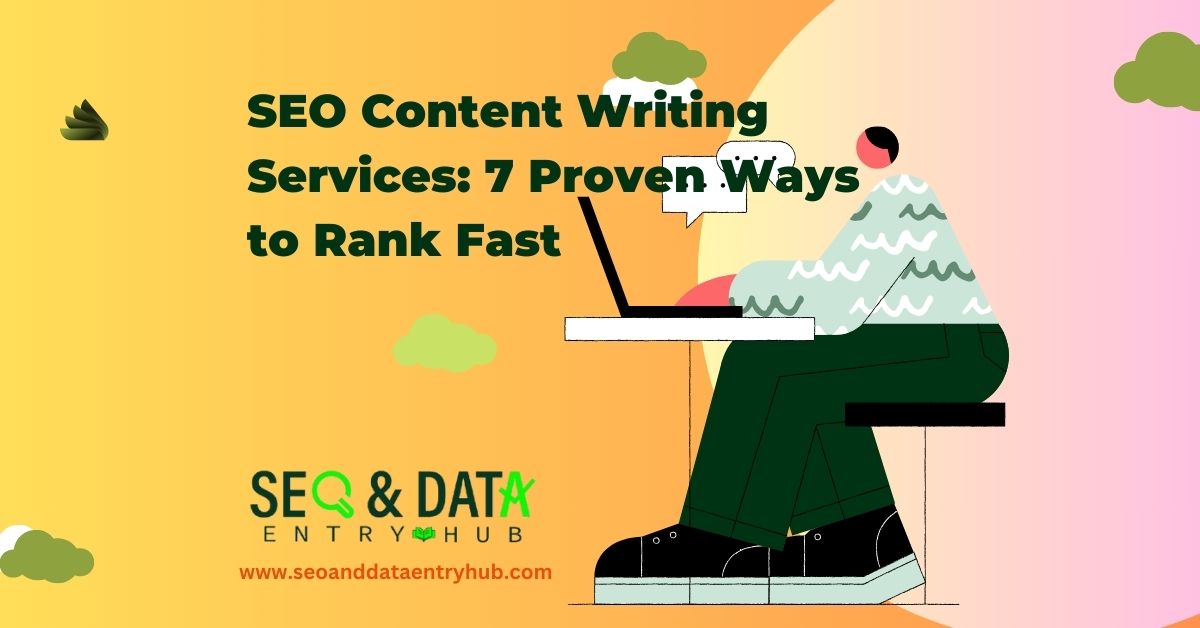
(Table of Content) If you have time, please read the entire article or click on your desired section
ToggleYour Ultimate Guide to Academic Tournament Blog Posts
Academic tournament blog post is an important tool for students of any class to excel their academic performance as well as future careers.
Have you ever wondered how to participate in these competitions?
If you are a schooler, academic tournaments allow you to showcase your knowledge and skills and enhance the possibility of your college applications.
Attending academic tournament blog posts will help you develop critical abilities like teamwork and problem-solving.
In this guide, you’ll discover the best ways to participate in the best academic competitions. Whether you like STEM, history, creative writing, or entrepreneurship, there’s a competition for you.
What you will learn from your blog tournament is:
- how to prepare for your blog,
- how to fight for success, and
- how to gather experiences.
Participating in academic tournaments offers more than just recognition; it equips you with skills that last a lifetime.
After reading this article, you will explore the following:
- Why do you join academic tournaments?
- Types of Academic Competitions
- How do you find the best competition?
- How to prepare yourself for a tournament?
- Real experience from previous students.
What is Academic Tournament Blog Post

An Academic Tournament Blog Post typically refers to a digital platform where discussions, analyses, insights, academic competitions and debates are published.
These posts express students’ academic tournament challenges, learning and other experiences. The following sections elaborate on key aspects of this Academic Tournament Blog Post .
Purpose and Function
- Community Building: Academic blogs create informal networks among educators, allowing for the exchange of ideas and experiences related to teaching and research(García, 2005).
- Engagement with Competitions: They highlight academic competitions, showcasing their role in advancing knowledge and addressing underrepresented topics in research(Escalante & Kruchinina, 2023).
Educational Impact
- Critical Thinking: Posts often encourage critical engagement with scholarly articles, promoting debate and synthesis of concepts among students(Mosley-Jensen, 2013).
- Performance Insights: They can also analyze trends in academic performance, such as the dynamics of executive compensation debates, providing a platform for scholarly discourse(Bratton & Bratton, 2005)(Bratton, 2005).
While Academic Tournament Blog Posts primarily focus on fostering educational dialogue, they may also face challenges in reaching diverse audiences due to cultural and linguistic barriers, as noted in the context of academic blogging(García, 2005).
Why Participate in an Academic Tournament Blog Post?
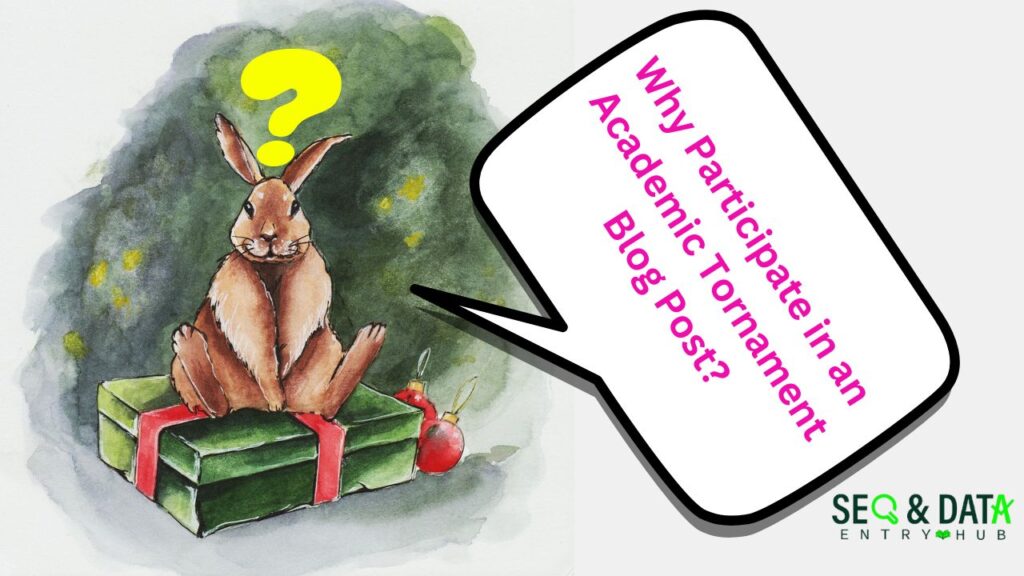
Participating in Academic Tournament Blog Post is a part of academic competitions that offers numerous benefits for high school students.
These events play a crucial role in shaping both your academic and personal growth. Here are the key reasons why you should consider joining Academic Tournament Blog Post
Enhance College Applications
- Stand Out: Academic Tournament Blog Post demonstrates your commitment to learning beyond the classroom.
- Showcase Achievements: Since it is an academic competition, it highlights your successes and can make your college applications more impressive.
- Proactive Learning: Attending blogs indicates that you take initiative in your academic pursuits.
Develop Critical Thinking and Teamwork Skills
- Problem-Solving: Attending an Academic tournament blog post encourages you to face complex challenges that enhance your critical thinking abilities.
- Collaboration: It increases your work ability effectively with teammates, fostering strong teamwork skills.
- Communication: You will improve your ability to articulate ideas clearly and listen to others.
Increase Subject Matter Expertise
- Deepen Knowledge: You will get a deep understanding about passionate subjects while attending academic tournament blog posts.
- Specialized Skills: You will get the opportunity to develop expertise in specific areas, such as mathematics, science, history, or the arts.
- Academic Excellence: Your participating in an academic tournament blog post boosts your overall academic performance through focused study and practice.
Gain National and International Recognition
- Awards and Honors: If you can qualify in academic tournament blog posts, you will earn certificates, medals, and trophies that recognize your hard work and talent.
- Scholarships: You will get offers for scholarships based on your competition achievements.
Build a Strong Network
- Global Opportunities: Connections with other experts is a big issue to establish a life. You will gain exposure to competitions on national and international levels which expands your new horizons.
- Mentorship: It will create new hope while interacting with educators, competition organizers, and industry professionals.
Foster Personal Growth
- Time Management: Academic tournament blog post will teach you to balance competition preparation with schoolwork and other activities.
- Goal Setting: Academic competitions and awards allow you to set a goal to develop your ability to set short-term and long-term goals.
Boost Confidence and Self-Esteem
- Achievement: As you know, an academic tournament blog post is a smart people competition. It excels the experience and satisfaction of competing and achieving your best.
- Public Speaking: Competitions for high school students enhance your ability to present and defend your ideas in front of audiences.
- Leadership: High school competitions instigate the leadership quality within your competition teams, building confidence in your abilities.
Expand Educational Opportunities
- Workshops and Seminars: Writing competitions for high schoolers arrange specialized training sessions for the competitors that enhance your writing knowledge and skills.
- Access to Resources: Science competitions for high school students get the opportunity to utilize exclusive materials and resources provided by competition organizers.
Participating in academic competitions not only enhances your academic profile but also equips you with essential life skills.
Types of Academic tournament blog post

Types of academic tournament blog posts depend on the types of content writing and academic competitions. For example, there are many essay competitions for high school students around the world where authorities arrange digital blog posts with the best essays of the students.
Therefore, if we discuss the different types of academic competitions, you can understand the types of academic tournament blog posts which come in various forms, subjects and skills. Here are the main categories:
1. STEM Competitions
STEM competitions are the basic science competitions for high schoolers that focus on Science, Technology, Engineering, and Mathematics. These events increase your problem-solving abilities and innovative thinking.
- MathCounts: It is a US based national middle school competition that makes math fun for the students. Their mission is “MATHCOUNTS provides engaging math programs to US middle school students of all ability levels to build confidence and improve attitudes about math and problem solving.” (https://www.mathcounts.org/)
- Science Olympiad: It is an American team competition. Students can compete in 23 events including engineering, biology, chemistry, and physics. You can visit: (https://www.soinc.org/).
- Regeneron Science Talent Search: Regeneron STS is a prestigious competition for high school since 1942. (https://www.societyforscience.org/regeneron-sts/)
2. Humanities Competitions
Humanities competitions emphasize history, literature, and social studies. These events enhance your understanding of human relations, society and culture.
- History Competitions: If you visit Google, you will find many contests that test your knowledge of history of different levels. Type the following phrase in the search bar:
- History competitions for high school students
- History competitions for secondary school students
- History competitions for middle school students
- History competitions for elementary students
- History competitions college students
- Debate Tournaments: You will find many debate tournaments who publish academic tournament blog posts. It helps to develop your public speaking and argumentative skills.
World Schools Debating Championships (WSDC) is one of the most famous debating tournaments around the world. It is an annual English-language debating contest for high school students.
- Model United Nations (MUN): Model United Nations or MUN, is an educational simulation of the United Nations. This knowledge dissemination model is organized to teach students about global issues like diplomacy and international relations. MUN fosters many skills like writing, research and debating, etc.
3. Creative Competitions
Creative competitions like creative communications poetry contests allow you to showcase your talents in writing, art, and design. The goal is to help students to find their thoughts and feelings with the ability of writing.
- Writing Contests: Academic tournament blog posts for writing are called for essays, short stories, or poetry. Usually top 10 submissions are awarded prizes, and published in institutions’ blogs.
4. Business and Economics Competitions
Business and Economics competitions focus on entrepreneurship, financial literacy, and economic theory. These events prepare you for future careers in business and finance.
- The Blue Ocean Student Entrepreneur Competition: The Blue Ocean Student Entrepreneur Competition is the most prestigious and virtual entrepreneurship competition in the world. This competition is founded by and supported by high school students.
5. Interdisciplinary Competitions
Interdisciplinary competitions combine multiple subjects. It allows you to apply a broad range of skills and knowledge.
| Types | Areas |
| Quiz Bowls | Science, literature, and current events |
| Academic Decathlon | Mathematics and science |
| Innovation Challenges | Technology, design, and social science. |
6. Language and Cultural Competitions
Language and cultural competitions showcase linguistic skills and cultural knowledge. It promotes global awareness and communication abilities.
| Types | Areas |
| Spelling Bees | English language through spelling proficiency |
| Linguistic Puzzles | Language-based puzzles |
| Cultural Festivals | Understanding of different cultures and traditions |
7. Technology and Coding Competitions
Technology and coding competitions focus on computer science, programming, and technological innovation. These events are ideal for students interested in the digital world.
| Types | Areas |
| Hackathons | Develop software or hardware solutions |
| Coding Contests | Programming, coding and problem-solving abilities |
| Robotics Leagues | Design, build, and program robots |
How to Choose the Right Academic Tournament Blog Post

Selecting the right academic tournament blog post depends on three things that you have:
- interests,
- strengths, and
- career aspirations.
First, you should consider what subjects you like most and where you want to improve. Participating in tournaments that align with your interests can make the experience more enjoyable and rewarding.
Therefore, exploring the different academic tournament blog post helps you to find your best skills and interests.
Whether you want to excel in STEM, humanities, creative arts, or business, there is a competition that can enhance your academic journey. These tournaments or competitions prepare you for future success.
Preparing for academic tournament blog post
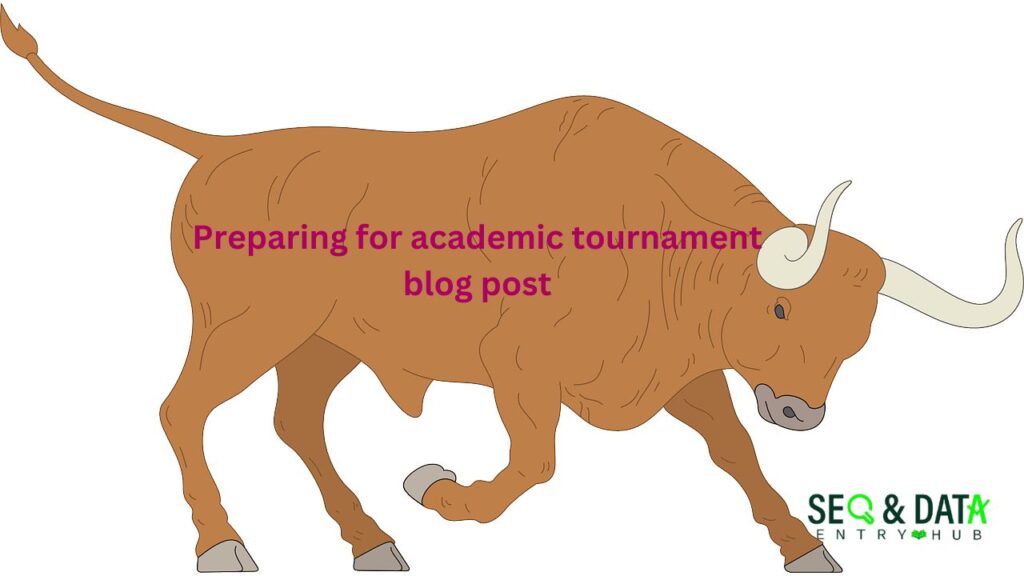
Preparing for an academic tournament blog post requires dedication and strategic planning. By following effective strategies, you can enhance your performance and increase your chances of success. Here are some essential tips to help you prepare effectively:
1. Develop Effective Study Strategies
- Create a Study Schedule: Plan your study time by allocating specific daily sessions for different subjects. Use breaks to recharge and maintain focus. A checklist can help track your progress and keep you motivated.
- Set Clear Goals: Begin each study session by identifying your objectives. Clear and manageable goals keep you engaged and driven. Setting specific, attainable targets aids in preserving your concentration and enthusiasm.
- Active Learning: If you want to learn better, try getting involved with your studies instead of just reading passively. One thing that works for me is breaking down what I’ve read into simple summaries.
Sometimes, I even ask myself questions or explain the idea to a friend—it really helps! Doing this not only makes things more transparent but also helps you remember them longer. The more you interact with the material, the more it sticks.
2. Master Time Management
- Prioritize Tasks: First, you must prioritize the most important tasks for your academic tournament blog post and tackle them. What results you can get:
-
- save your time for the following jobs
- face the next challenges efficiently
-
- Avoid Procrastination: As a student, keeping a balanced routine—whether it’s study, play, or writing—can really help you stay on track. Breaking big tasks into smaller, manageable pieces makes it easier to tackle them one step at a time.
- Use Timers: Implement techniques like the Pomodoro Technique- study for 25 minutes, followed by a 5-minute break that helps you concentrate on the topic
3. Utilize Available Resources
- Practice Questions and Past Papers: To get ready for the competition— which subject you like most, try practicing with questions from previous years. This way, you’ll get a feel for the types of questions and how challenging they can be.
- Study Guides and Books: Boost your preparation with trusted study guides and past academic team questions. Include high school academic team questions and national academic quiz tournament questions in your practice to cover a wide range of topics and strategies.
- Online Platforms: When you need extra support, turn to online resources like educational websites such as Math League (https://www.mathleague.world) or NACLO’s linguistic puzzles.
Explore apps offering challenges for high schoolers, join discussion forums, or watch video tutorials. Trusted platforms like Khan Academy and Coursera can guide you with detailed lessons and practical exercises to boost your skills.
4. Form and Work Within a Team
- Select Team Members Wisely: Pick teammates whose skills balance out your own. With a well-rounded team, you’ll be better equipped to handle different types of questions and overcome challenges together.
- Effective Communication: Make sure your team has a simple way to stay in touch. Regular check-ins and open conversations help everyone stay aligned and work smoothly together.
- Delegate Responsibilities: Divide tasks based on what each team member does best. For instance, someone good at digging up details can handle research, while another with strong communication skills can take charge of the presentation.
5. Maintain a Healthy Balance
- Take Breaks: While preparing for high school design contests, for example, take regular breaks to stay sharp and focused. Use this time to relax and recharge for your next creative task.
- Stay Active: Add some physical activity to your daily routine to relief stress and feel better overall. Even a quick walk can do wonders for your mood and energy.
- Get Adequate Sleep: Make sure to get enough sleep every night. Rest is key for sharpening your memory and staying mentally sharp—both are important for doing well in competitions.
Preparing for an academic tournament blog post is like a competition requiring consistent effort and smart strategies. By getting involved in academic competitions and awards for students, you can unlock your full potential and reach your goals.
To manage your time wisely, focus on a select few top-tier events—targeting only three-star competitions. Here’s what you can do to prepare:
- Use available resources,
- Collaborate with a strong team,
- Keep a healthy, balanced life,
- Start preparing early,
- Stay committed, and
- View challenges as opportunities for growth.
Maximizing Your Success

Success in academic tournament blog posts isn’t just about knowledge—it’s about strategy. Competitions for high school students require a solid plan, consistent motivation, and the ability to learn from each attempt. Here are key strategies to help you maximize your success:
1. Set Realistic Goals
- Define Clear Objectives: First, determine what you want to achieve in each competition. Whether it’s winning a medal, improving your skills, or gaining experience, you have to compete intellectually with clear goals.
- Break Down Goals: Break your main objectives into smaller, actionable steps. This way, you can focus on one task at a time, making the process of creating your academic tournament blog post feel more manageable and less overwhelming.
- Track Your Progress: Take time to check in on your goals and see how much progress you’ve made. If something isn’t working, tweak your approach to keep moving forward.
2. Stay Motivated and Manage Stress
- Stay Positive in Your Academic Journey: It’s important to keep a positive attitude, especially when you are getting preparation for academic tournaments or high school competitions.
Even if you face setbacks, remember that a positive mindset can help you tackle obstacles and stay focused on your goals.
- Take Breaks to Recharge: During your preparation, it’s important to manage stress effectively. You can incorporate some techniques like
-
-
-
- deep breathing,
- quick walks, or
- even light physical exercise is added to your routine.
-
-
These activities are simple but help reduce stress, ensuring you stay refreshed for the next study session.
- Balance Work and Play: Make time for hobbies and relaxation, especially when you’re balancing academic competitions and research contests. Taking breaks to engage in fun activities can prevent burnout, boost your energy, and help you return to your tasks with a clearer mind.
3. Learn from Both Wins and Losses
Analyze Your Performance:
After each academic competition, take a little bit of time to analyze your performance. Think about what went well during presenting this blog and what could be improved for the next time.
This approach will help to identify your strengths and weaknesses. Your effort will enable you to grow and perform better in future high school tournaments or academic contests.
Celebrate your Success:
You should celebrate your success- whether it’s a local competition or a national academic quiz tournament. Celebration is necessary to boost your confidence and to take part in future prestigious competitions.
Embrace Failures as a Learning Opportunities:
Being a failure is a natural part of any research competition or academic challenge. You should be encouraged and treat your failures as valuable learning sessions.
These experiences help you to improve your preparation for future academic tournaments, whether you’re preparing for science competitions or history competitions for high school students.
4. How to Leverage Your Academic Tournament Blog Experiences for College Applications and Resumes
Show Off Your Achievements
When writing your academic tournament blog post, don’t hesitate to mention your competition results and awards. Including these in your college applications and resumes not only demonstrates your achievements but also shows your commitment to excellence. Highlighting your wins helps others see your dedication.
Highlight the Skills You Gained
Participating in academic tournaments isn’t just about winning; it’s about learning. Emphasize the skills you’ve developed—like critical thinking, teamwork, and problem-solving—in both your blog posts and applications. These qualities are what colleges and employers are really looking for when they review your resume.
Put Everything in Context
Use your academic tournament experiences as a way to explain how they’ve shaped your academic and career goals. This helps you create a connection between your extracurricular activities and your future aspirations, making it clear to admissions committees or employers why those experiences matter.
5. Seek Feedback and Continuous Improvement
Ask for Constructive Feedback:
After every competition or practice session, reach out to your coaches, mentors, or peers for feedback.
Constructive criticism gives you valuable insights into areas where you can improve, whether for your academic tournament blog post or your next competition. Being open to feedback helps you grow and perform better.
Stay Open to Learning:
Your journey is endless- don’t stop learning after finishing a competition. Always look for opportunities- from where you can learn about your favourite topics and where you can publish your blogs to expand your knowledge.
Attend workshops, seminars, or even online courses related to academic competitions or other skills you want to sharpen.
Adapt and Evolve:
You should be ready to change your approach at any time. If you want to fine-tune your strategies for future tournaments or adjust your preparation, adapting to the situation is very important.
The ability to evolve based on feedback or new insights ensures you’ll continue to grow and succeed in academic tournaments and your broader goals.
If you want to make success in your academic tournament blog post, it requires:
- Preparation
- setting clear and achievable goals.
For example, when you compete in a history competition for high school students or a science contest for middle schoolers, you should be focused on respected subjects.
Each experience, like national academic quiz tournaments or answering high school academic team questions, provides valuable learning opportunities.
Furthermore, showcase your achievements by including them in your college applications and resumes, highlighting the skills gained through competitions like the national academic league or local student challenges.
By following these strategies, you can enhance your performance, develop crucial skills, and build a strong academic profile that will make you stand out to colleges and future employers.
Top 11 Academic Competitions for Your Academic Tournament Blog Post

Choosing the right academic competition can significantly enhance your academic profile and skills. Below are 11 prominent competitions, each offering unique opportunities for high school and college students to shine on an international level.
1. MathCounts
Focus: Mathematics problem-solving for middle school students.
Opportunities: Participants tackle challenging math problems, often documented online.
- Eligibility: Middle school students (grades 6–8).
- How to Apply: Register through your school or local MathCounts chapter.
- Tips: Review past problems and join team practice sessions to improve analytical skills.
MathCounts’ emphasis on critical thinking makes it an excellent fit for showcasing success stories in an academic tournament blog post.
2. Science Olympiad
Focus: Diverse STEM disciplines, including biology, chemistry, and engineering.
Opportunities: Competitors create hands-on projects with some documented digital archives.
- Eligibility: Middle and high school students.
- How to Apply: Join or establish a Science Olympiad team at your school.
- Tips: Build strengths in specific areas and collaborate with teammates effectively.
Science Olympiad projects are great material for blogs, detailing team efforts and innovative learning.
3. Future Business Leaders of America (FBLA)
Focus: If you want to build capacity on leadership and business skills through competitive events like marketing and entrepreneurship, this event is for you.
Opportunities: FBLA participants often share their projects and achievements online.
- Eligibility: High school students.
- How to Apply: Join your school’s FBLA chapter.
- Tips: Strengthen leadership qualities and focus on real-world problem-solving.
Including FBLA in your academic tournament blog post highlights how business education empowers students.
4. Regeneron International Science and Engineering Fair (ISEF)
Focus: STEM research and innovation for high school students.
Opportunities: Winning projects are often featured on digital platforms.
- Eligibility: High school students worldwide.
- How to Apply: Enter through local science fairs affiliated with ISEF.
- Tips: Conduct in-depth research and create impactful presentations.
ISEF projects align perfectly with blog content, showcasing students’ academic brilliance.
5. International Mathematical Olympiad (IMO)
Focus: Advanced mathematics challenges for top global students.
Opportunities: Digital archives feature solutions and participant achievements.
- Eligibility: Exceptional high school math students.
- How to Apply: Qualify through national math competitions.
- Tips: Train rigorously and solve past Olympiad problems.
IMO, stories resonate well in blogs, portraying how students achieve mathematical excellence.
6. Imagine Cup Junior (Microsoft)
Focus: Innovation in AI, cybersecurity, and machine learning.
Opportunities: Participants document their ideas and solutions through blogs or digital reports.
- Eligibility: Ages 13–18.
- How to Apply: Submit projects via the Imagine Cup Junior website.
- Tips: Focus on creative problem-solving and tech proficiency.
Including Imagine Cup Junior in an academic tournament blog post demonstrates the power of tech-driven education.
7. Genius Olympiad
Focus: Environmental science and sustainability projects.
Opportunities: Submissions often find a place in online project showcases.
- Eligibility: High school students.
- How to Apply: Submit through school nominations or individual applications.
- Tips: Choose a passionate topic and present innovative solutions.
The Genius Olympiad combines education and sustainability, perfect for engaging blog narratives.
8. National Cyber League (NCL)
Focus: Cybersecurity and real-world defence strategies.
Opportunities: Digital leaderboards and project blogs spotlight participants.
- Eligibility: High school and college students.
- How to Apply: Register online through the NCL website.
- Tips: Practice with cybersecurity tools and real-world simulations.
Including NCL in blogs highlights the growing importance of cybersecurity education.
9. Global Youth Science and Technology Bowl (GYSTB)
Focus: Diverse STEM projects in global competitions.
Opportunities: Research and presentations are often published digitally.
- Eligibility: Students worldwide.
- How to Apply: Submit entries through the GYSTB website.
- Tips: Focus on originality and clarity when presenting scientific findings.
Showcasing GYSTB projects adds depth to any academic tournament blog post.
10. Harvard/MIT Mathematics Tournament (HMMT)
Focus: Rigorous mathematics competition for global participants.
Opportunities: Blogs feature top solutions and insights from the event.
- Eligibility: High school students.
- How to Apply: Register through the HMMT official site.
- Tips: Engage with advanced mathematical theories and solve previous problems.
HMMT content enriches blogs with stories of intellectual rigour and achievement.
11. National Model United Nations (NMUN)
Focus: Diplomacy and global issue resolution through UN simulations.
Opportunities: Participants’ speeches and solutions are often published online.
- Eligibility: High school and college students.
- How to Apply: Register through your school’s Model UN club.
- Tips: Research international policies and practice public speaking skills.
Model UN stories resonate with blogs focused on leadership and global awareness.
Real-World Experience and Impact of Academic Tournament Blog Post

Engaging in academic tournaments is an exciting experience. It develops personal and academic growth, including essential skills for their future. Here’s how academic competitions shape their development based on real-world experiences and observations:
Skill Development and Networking Opportunities
“As a former MATHCOUNTS student and a current MATHCOUNTS teacher, there is nothing more rewarding than seeing hundreds of middle schoolers who are genuinely excited about math.” — Colin Hill, MA, 2018 Alumni Scholarship Winner.
For many students, academic tournaments like MATHCOUNTS offer a platform to develop critical skills such as leadership, teamwork, and creative problem-solving. This competition helps students not only apply theoretical knowledge in real-world contexts but also improve creativity and critical thinking.
Students also get opportunities to network with peers, mentors, and even potential employers. Since they collaborate in teams, they are well enough in communication and leadership skills that are important for both academic success and future careers.
Challenges and Growth
“My experience with MATHCOUNTS was life-changing. I began that first day as an insecure fourteen-year-old girl who was deathly afraid of being bullied and put down for being intelligent, but I walked out of the doors that evening a confident, powerful young woman eager and ready to conquer the world.” — Emily S., KS, alumna.
Since academic competitions are so prestigious, you must face some challenges as a student. Some students may need help with stress or time management, especially if they focus on winning. However, overcoming these obstacles teaches resilience and personal growth.
Case Example – STEM Competitions
“MATHCOUNTS was truly the beginning of my personal evolution from a quirky scholarly child, to a developing team player, and ultimately to a confident leader. I credit MATHCOUNTS for allowing me to embrace my academic curiosities, work with teammates, and channel my interests to many other fields of study.” — Zachary S., FL, alumnus.
In competitions like MATHCOUNTS and STEM-related tournaments, students are encouraged to apply their knowledge to solve complex, real-world problems. These events teach 3 things- collaboration, problem-solving, and teamwork for professional success.
Zachary’s experience highlights the role these competitions play in developing team players and leaders. He attributes much of his personal and academic evolution to these events, which foster a sense of curiosity and drive that extends well beyond the competition itself.
Feedback from Participants
The feedback from students reflects how academic tournaments provide a safe space to test ideas, take risks, and develop both academic and leadership skills.
“MATHCOUNTS helped me embrace my interests and provided me with the chance to test my skills in a collaborative, risk-free environment. It was where I learned to work as part of a team, which prepared me for the future.” — Zachary S.
By participating in these events, students gain exposure to mentorship, critical thinking, and networking opportunities. The experiences they gain contribute significantly to their academic trajectory, helping them explore their passions and connect with like-minded individuals.
The lessons learned in academic competitions not only shape their educational journey but also influence their career paths and future success.
Practical Applications in Academics
“Being part of MATHCOUNTS was a transformative experience that taught me not only how to solve math problems but also how to approach challenges with a positive mindset. It helped me gain the confidence to pursue other interests and excel in those as well.” — Emily S.
Participating in academic tournaments also encourages students to share their journeys through platforms like academic blogs. These blogs serve as spaces where students can reflect on their growth, document their achievements, and inspire others to participate.
Such reflections help integrate co-curricular activities into broader educational goals, ensuring that these experiences are meaningful and impactful.
Academic tournament blogs can offer students the opportunity to connect with others and share lessons learned, further solidifying the role of competitions in enhancing both academic and personal development.
Frequently Asked Questions (FAQ)
- What are academic competitions?
Academic competitions are organized events where students compete in various subjects such as math, science, history, writing, and more. These competitions aim to challenge students’ knowledge, skills, and problem-solving abilities in a competitive environment.
- How can participating in academic competitions benefit me?
Participating in academic competitions offers several benefits, including:
- Enhancing College Applications
- Developing Critical Skills
- Gaining Recognition
- Building a Strong Resume
- What types of academic competitions are available for high school students?
There are various types of academic competitions available for high school students, including:
- STEM Competitions: MathCounts, Science Olympiad, Regeneron Science Talent Search.
- Humanities Competitions: History competitions, Debate tournaments, Model United Nations.
- Creative Competitions: Writing contests, Art competitions, Robotics challenges.
- Business and Economics Competitions: Future Business Leaders of America (FBLA), National Economics Challenge.
- Interdisciplinary Competitions: Quiz Bowls, Academic Decathlon, Innovation Challenges.
- How do I choose the right academic competition for me?
To choose the right academic competition, consider the following:
- Assess Your Interests and Strengths: Select competitions that align with your academic passions and skills.
- Understand the Competition Structure: Know whether the competition is individual or team-based, written or oral, etc.
- Evaluate Time Commitment: Ensure your balanced preparation with your other daily routine.
- Consider the Benefits: Look at the potential rewards, recognition, and opportunities each competition offers.
- What should I do to prepare for an academic competition?
Preparing for academic competitions involves:
- Developing a Study Schedule
- Practicing with Past Papers
- Joining Study Groups
- Seeking Guidance
- Can academic competitions help me get scholarships?
Yes, participating and excelling in academic competitions can significantly enhance your chances of securing scholarships. Many scholarships consider academic achievements and competition awards as indicators of a student’s dedication and expertise in their field.
- How do I register for an academic competition?
To register for an academic competition:
- Visit the Official Competition Website
- Join Through Your School
- Follow the Application Process
- What should I do if I don’t win an academic competition?
Not winning an academic competition is an opportunity for growth:
- Analyze Your Performance: Identify areas where you can improve.
- Seek Feedback: Ask judges or mentors for constructive criticism.
- Stay Motivated: Use the experience to enhance your skills and prepare for future competitions.
- Celebrate Your Efforts: Acknowledge the hard work you put into participating, regardless of the outcome.
- Are there online academic competitions available?
Yes, there are several online academic competitions that you can participate in from anywhere:
- National Cyber League (NCL): Focuses on cybersecurity skills through online challenges.
- Kaggle Competitions: Offers data science and machine learning challenges.
- Online Math Competitions: Platforms like Art of Problem Solving (AoPS) host various online math contests.
- How can I stay updated on upcoming academic competitions?
To stay informed about upcoming academic competitions:
- Subscribe to Educational Newsletters: Many competition organizers send updates via email.
- Follow Official Websites and Social Media: Regularly check the websites and social media pages of competitions you’re interested in.
- Join Academic Clubs
- Use Educational Platforms like Khan Academy and Coursera
Conclusion

In conclusion, we want to say that participating in academic tournament blog post offers you many benefits for your professional life.
Throughout this article, you’ve learned how these competitions can enhance your college applications, develop essential skills, and provide valuable recognition.
We also mentioned the different types of academic competitions which guide you in choosing the right competition. Moreover, these competitions teach you effective strategies for preparing and maximizing your success.
By engaging in academic competitions, you showcase your knowledge and talents while building critical skills such as critical thinking, teamwork, and time management.
Take the Next Step Today!
Now, you can start your journey toward academic excellence. Join an academic competition that aligns with your interests and strengths. Begin your preparation now to achieve your academic goals and participate in the next academic competitions.
- Connect to Our Blog: Read our articles to stay updated with the latest tips, resources, and success stories.
- Share Your Experiences: If you have ever participated in an academic competition at your school, college, or university, share your story with us to inspire others.
- Reach Out for Support: Do you need personalized advice or assistance? Contact us today, and we’ll help you navigate your academic competition journey.
Hit the challenges, find out the opportunities, and watch your success. Your success in academic competitions starts now!
Resources:
Macià, M., & García, I. (2016). Informal online communities and networks as a source of teacher professional development: A review. Teaching and teacher education, 55, 291-307. https://www.sciencedirect.com/science/article/abs/pii/S0742051X1630021X
Hugo, Jair, Escalante., Aleksandra, Kruchinina. (2023). Academic competitions. arXiv.org, doi: 10.48550/arxiv.2312.00268
William, Mosley-Jensen. (2013). Competition as education: Bringing the tournament to the classroom. https://openurl.ebsco.com/
William, W., Bratton. (2005). The Academic Tournament over Executive Compensation. California Law Review, https://heinonline.org/HOL/LandingPage?handle=hein.journals/calr93&div=42&id=&page=
Author’s Bio
My Name is Salauddin Biswas. I hold a Master’s degree in History from the University of Dhaka, Bangladesh, and in Anthropology from the University of Heidelberg, Germany. With years of research experience, I have transitioned into a passionate Content Writer, AI Content Editor, SEO Specialist, and Data Operator.
Since 2012, I have served Fabrics World USA as a Content Creator and SEO Specialist. My goal is to ensure my clients are 100% satisfied, both in profitability and company growth. Combining my education and experience, I prioritize benefiting my customers.
My research tenure at Heidelberg University and BRAC University enhanced my analytical skills and understanding of human behavior, which I continuously apply to my work.
I am also a regular writer of Medium. So you can read different stories from Medium.
To get our services:
🚀 https://www.fiverr.com/data_entry_80
🚀 SEO and Content Writing Services
🚀 I am available at Upwork.
You can Visit Our Social Pages:
✅ LinkedIn:
https://www.linkedin.com/in/salauddin-writer-seo-dataentry/
✅Facebook:
https://www.facebook.com/profile.php?id=61557149480263
✅ Instagram:
https://www.instagram.com/seoanddataentry/
✅ Twitter:
https://x.com/SalauddinB1980/
✅ Pinterest:
Link: https://www.pinterest.com/seoanddataentryhub/
✅ YouTube:
URL: https://www.youtube.com/channel/UCCP5sGmyvOw4fuyDkZVO_Sg

